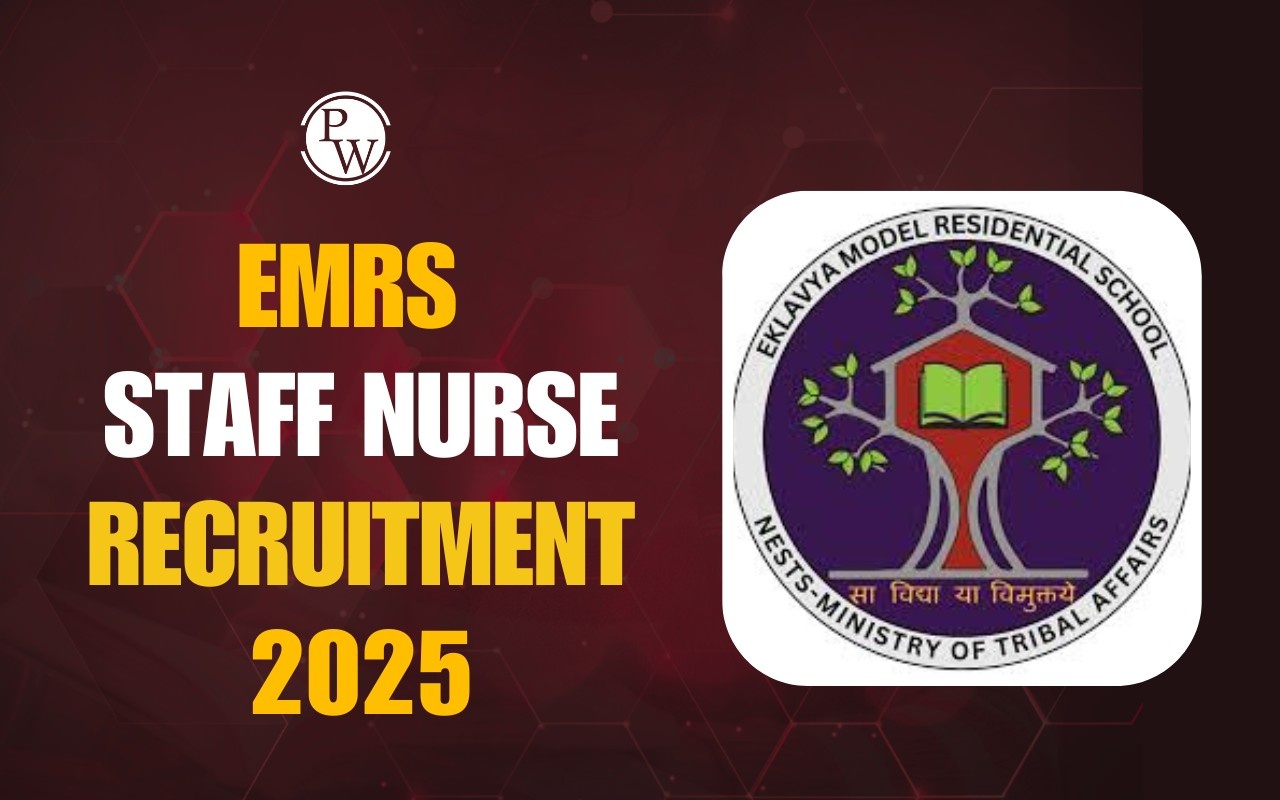How to Prepare for Nursing Competitive Exams 2024: Nursing competitive exams are highly sought after in India, with thousands of candidates vying for limited seats in prestigious institutions. As 2024 approaches, it is crucial for aspiring nurses to devise a structured approach to excel in these exams. Whether you're preparing for the NEET Nursing exam or other state-level nursing exams, the key to success lies in consistent preparation, strategic planning, and smart exam tactics.
This guide provides a step-by-step strategy, tips, and a recommended timetable to help you effectively prepare for nursing competitive exams in 2024. Let's break down the process into manageable sections to ensure a thorough understanding of how to approach these exams with confidence.1. Understand the Exam Pattern and Syllabus
Before diving into preparation, the first and most crucial step is to familiarize yourself with the exam pattern and syllabus. Different nursing exams may have varying formats, but most of them will cover similar subjects, such as:- General Knowledge
- Physics
- Chemistry
- Biology (especially Anatomy, Physiology, Microbiology)
- Nursing-Specific Subjects (like Nursing Foundation, Medical-Surgical Nursing, Pediatric Nursing, etc.)
2. Create a Realistic Time Table
Time management is a cornerstone of effective exam preparation. Creating a study timetable that allocates time for all subjects while ensuring adequate breaks is key to maintaining productivity and preventing burnout. Here’s a suggested timetable to follow:| Time | Activity |
|---|---|
| 6:00 AM - 7:00 AM | Morning revision (quick recap of yesterday’s study) |
| 7:00 AM - 8:00 AM | Physical Exercise/Stretching/Yoga |
| 8:00 AM - 9:00 AM | Breakfast & Break |
| 9:00 AM - 12:00 PM | Study Session 1 (Nursing-specific subjects or key subjects like Anatomy and Physiology) |
| 12:00 PM - 1:00 PM | Lunch Break and Rest |
| 1:00 PM - 3:00 PM | Study Session 2 (Physics/Chemistry/Biology) |
| 3:00 PM - 4:00 PM | Break (Walk, Relax, Refresh) |
| 4:00 PM - 6:00 PM | Practice Questions and Mock Tests |
| 6:00 PM - 7:00 PM | Evening Exercise/Break |
| 7:00 PM - 8:00 PM | Study Session 3 (Revise Weak Topics) |
| 8:00 PM - 9:00 PM | Dinner Break |
| 9:00 PM - 10:00 PM | Light Revision and Relax |
| 10:00 PM | Sleep |
Important Tips:
- Prioritize subjects based on your strengths and weaknesses. For instance, if you are stronger in Biology than in Chemistry, allocate more time to Chemistry.
- Incorporate breaks : A good 10-15 minute break after every hour of study helps improve concentration and prevents fatigue.
- Take care of your health : Don't compromise on sleep or exercise. Physical and mental well-being is essential for effective studying.
3. Focus on Key Areas
While the entire syllabus is important, some topics are more frequently asked than others in competitive exams. Prioritize the following areas:- Nursing Foundation : This subject covers the basics of nursing and healthcare. Focus on topics like nursing ethics, communication, and the nursing process.
- Anatomy and Physiology : Deep understanding of body systems is crucial. Pay extra attention to systems like cardiovascular, respiratory, and digestive systems.
- Microbiology : Prepare for questions on infection control, microorganisms, and immunity.
- Pharmacology : Study common drugs, their side effects, and nursing responsibilities while administering them.
- Medical-Surgical Nursing : Make sure you understand surgical procedures, post-operative care, and medical management.
4. Practice with Mock Tests and Previous Year Papers
Regular practice is one of the most effective strategies in competitive exam preparation. Take mock tests and solve previous year question papers to get used to the exam’s time constraints and difficulty level. This will also help you:- Identify weak areas where you need to improve.
- Enhance time management skills by practicing under exam-like conditions.
- Increase confidence by simulating the actual exam environment.
5. What to Avoid During Preparation
Avoid these common mistakes while preparing for nursing exams:- Overloading : Don’t cram too much information at once. Studying in manageable chunks is more effective.
- Neglecting Revision : Always allocate time for revision to retain information better.
- Skipping Mock Tests : Mock tests simulate the real exam environment and are essential for time management.
- Procrastination : Delaying your studies will only add unnecessary stress. Stick to your timetable and stay consistent.
6. One Day Before the Exam: How to Prepare
The day before the exam is critical in ensuring that you remain calm and confident. Here are some tips for the last day:Relax and Rest
- Avoid heavy studying : Focus on light revision, such as flashcards or summary notes. This will help keep the information fresh in your mind.
- Stay calm : Don’t panic about last-minute learning. Trust in the preparation you’ve done.
- Sleep well : A good night’s sleep is essential for mental sharpness during the exam. Ensure you get at least 6-7 hours of sleep before the exam day.
Prepare Your Essentials
- Check the exam center details : Make sure you know the location, and have a map if necessary. Prepare all the documents (admit card, ID proof) required for the exam day.
- Stay hydrated and eat a light meal : Avoid heavy or spicy food that could upset your stomach on the exam day.
7. On the Exam Day: Tips for Success
On the exam day, follow these simple guidelines to ensure that you perform your best:- Arrive early : Reach the exam center at least 30 minutes before the start time to avoid any last-minute stress.
- Stay positive : A calm mind helps you think clearly. Read all the instructions carefully before starting the exam.
- Time management : Keep track of time while taking the exam. Don’t spend too much time on a single question.
- Stay focused : If you encounter a tough question, move on to the next one. You can always come back later if time permits.














